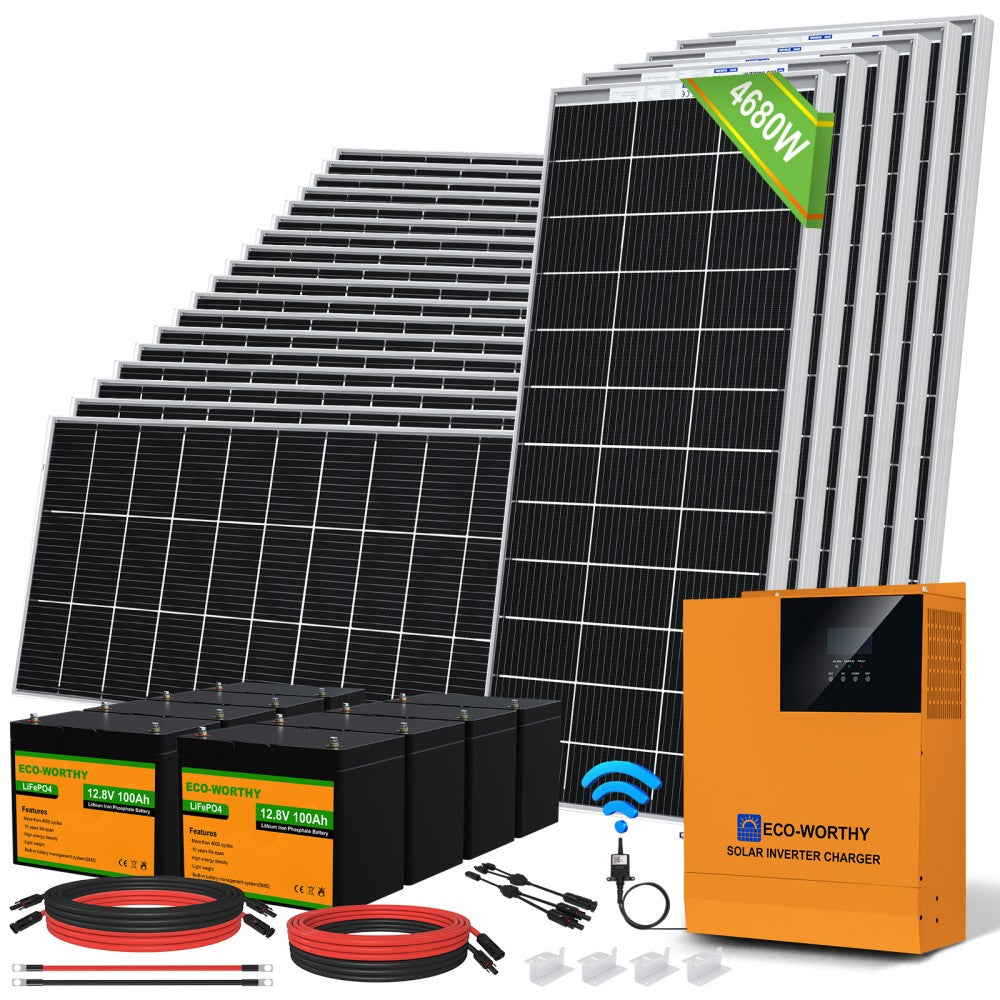In an era where sustainability is paramount, the off-grid solar kit has emerged as a viable solution for those seeking energy independence. Whether you live in a remote location or simply wish to reduce your carbon footprint, understanding how to select the right kit is essential.

Understanding Off-Grid Solar Kits
An off-grid solar kit typically comprises solar panels, a charge controller, batteries, and an inverter. These components work together to harness solar energy, store it, and convert it into usable electricity. But how do you determine which kit is best suited for your specific needs?
Key Components of an Off-Grid Solar Kit
- Solar Panels: The heart of the system, responsible for capturing sunlight and converting it into electricity.
- Charge Controller: This device regulates the voltage and current coming from the solar panels to prevent battery overcharging.
- Batteries: Essential for storing energy for use when sunlight is not available, such as during the night or cloudy days.
- Inverter: Converts the stored DC power from the batteries into AC power, which is used by most household appliances.
Benefits of Off-Grid Solar Kits
Choosing an off-grid solar kit offers numerous advantages. Firstly, it provides energy independence, allowing you to generate your own power without relying on the grid. Secondly, it can lead to significant cost savings over time, as you reduce or eliminate your electricity bills. Furthermore, these systems contribute to environmental sustainability by utilising renewable energy sources.
Factors to Consider When Choosing an Off-Grid Solar Kit
When selecting an off-grid solar kit, several factors should be taken into account:
- Energy Needs: Calculate your daily energy consumption to determine the size of the solar kit required.
- Location: Assess the amount of sunlight your location receives, as this will influence the efficiency of your solar panels.
- Budget: Establish a budget that includes not only the initial purchase but also installation and maintenance costs.
- System Scalability: Consider whether you might want to expand your system in the future, which may affect your initial choice.
Installation and Maintenance of Off-Grid Solar Kits
Installing an off-grid solar kit can be a straightforward process, especially with the right guidance. However, it is advisable to consult with professionals if you are unfamiliar with electrical systems. Regular maintenance is also crucial to ensure optimal performance. This includes cleaning the solar panels and checking the battery health periodically.
Conclusion
In conclusion, selecting the right off-grid solar kit requires careful consideration of your energy needs, location, and budget. By understanding the components and benefits of these systems, you can make an informed decision that aligns with your lifestyle and sustainability goals. Embrace the power of the sun and take a step towards energy independence today!








